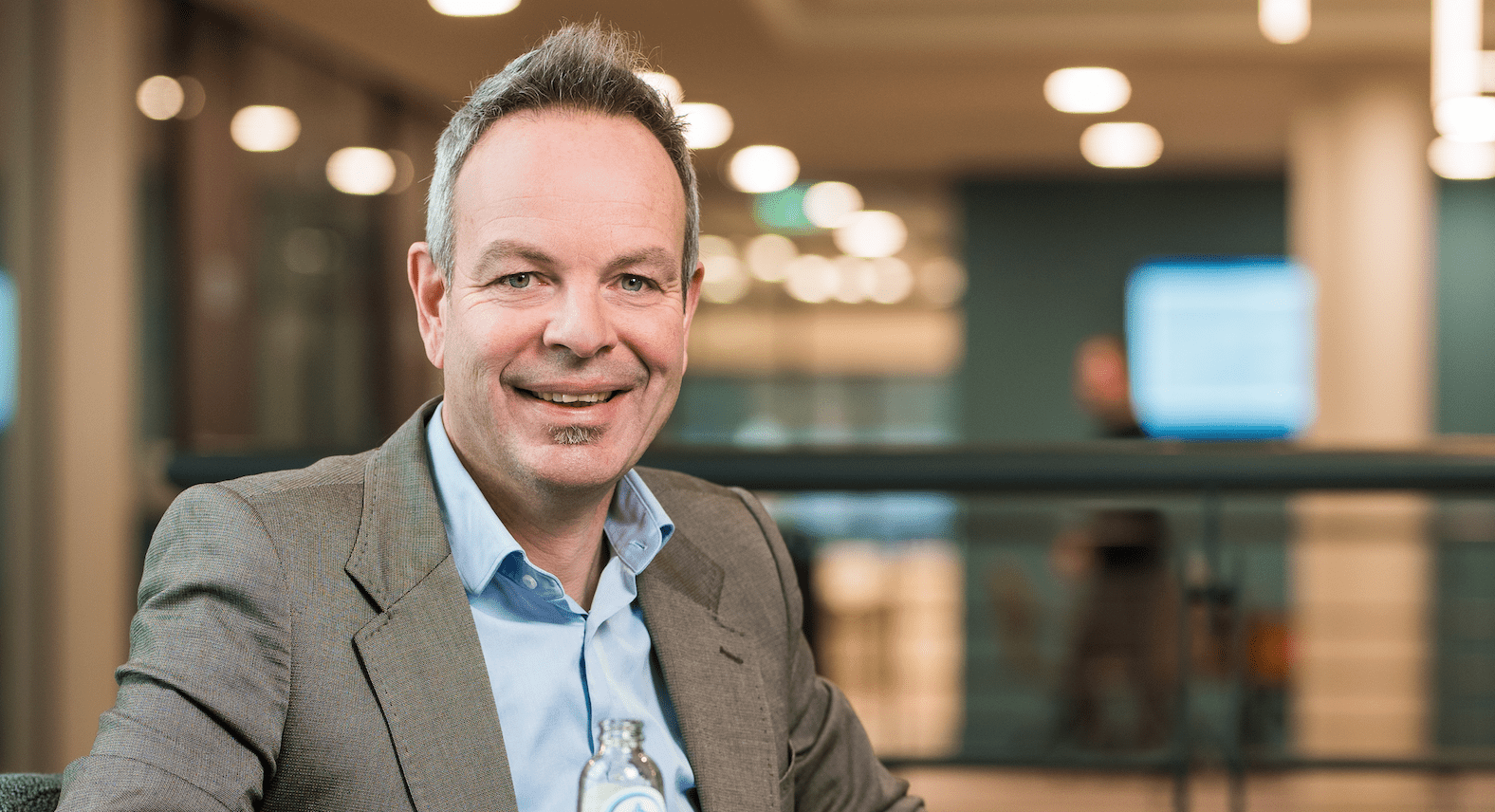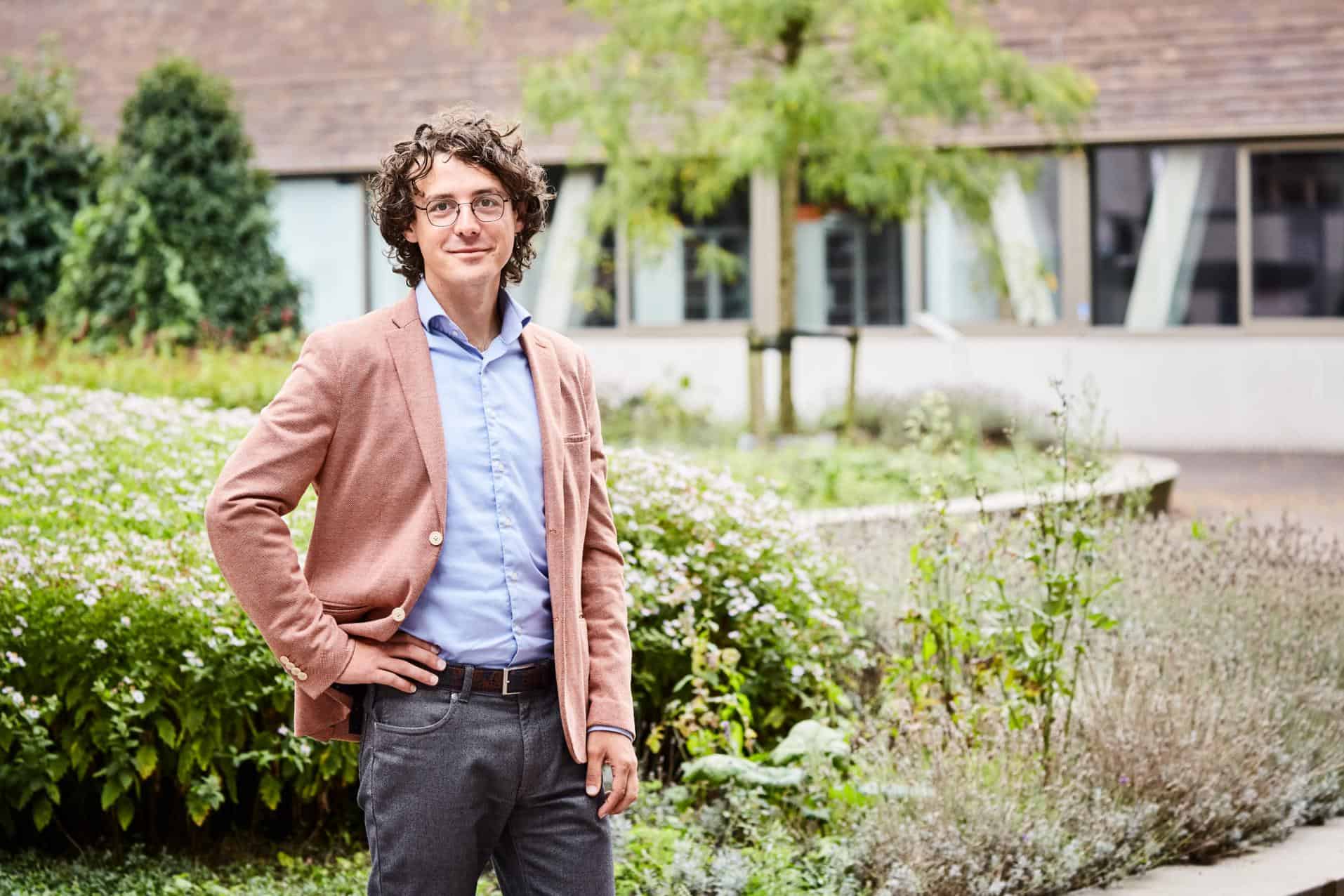
The Ministry of Agriculture, Nature and Food Quality is looking for solutions to the manure problem. In order not to miss out on any idea, the Ministry will come to the High Tech Campus on 6 December, where as much intelligence as possible will be gathered to initiate a structural solution. “Because the problem is rather persistent, we are looking for unorthodox answers.”
There has been a pressing ‘manure problem’ for several decades already. This issue is characterized by high levels of fraud and the exceeding of environmental standards, high costs of manure removal, declining public support for livestock farming (due to pressure on a number of public interests), market failures and social failures in manure grading and a continuous accumulation of policy measures. The latter, however, seems above all to prove that the authorities are still lagging behind. In recent years, attempts have been made to resolve the issue by various means, but this has not yet been achieved to a sufficient extent. For this reason, the Ministry of Economic Affairs and Climate Change (together with Agriculture, Nature and Food Quality) is currently conducting an exploration of structural solutions outside of the standard frameworks. In this context, it is explicitly looking at the possibilities to link up with other developments, such as those of the bio-based and circular economy.
The objective of this exploration, under the title Nutrients in a Circular Economy (NICE), is to obtain an image of unorthodox long-term (2030) solution directions for the manure problem. In particular, the ministry hopes to collect new ways of looking at the manure problem and experiences and solutions of complex sustainability issues in areas other than animal husbandry (e. g. energy, materials, and digitization).
The workshop at the High Tech Campus is led by Hans Meeske of Holland Innovative (established on the campus). He explains what the approach is on 6 December: “We defined a goal for 2030, in which all cycles of utilities and other substances that have a negative impact on climate, environment, health etc are almost closed, on a local, regional as well as an international level – just where this is most efficient. All participants in the agrochain and elsewhere will be ’emission-free’ or will compensate their waste streams. All external effects will be passed on in the prices; therefore, there will also be an incentive for innovation that promotes public interests. The innovative knowledge and technology (products and services) developed for this purpose will then result in an economically important export product. In short: sustainability will be the driver of economic growth.
Based on a number of trends, four scenarios are used as a starting point:
1. Manure as a raw material – manure partly applied on land, partly processed, in fertilizer or otherwise;
2. Efficient cycle – manure entirely on land, no more artificial fertilizer;
3. More with less – no more manure; landless food production in closed cycles;
4. Small but fine – organic manure only; vegetable production on land and in water.
The session on 6 December starts at 9 am and lasts until 1:30 pm. Meeske: “We explicitly expect new solutions in all four quadrants on the playing field.”
Participation is free. For questions, please contact Holland Innovative: 040-8514 610. You can register by sending an e-mail to [email protected].
Photo: Mestic, an initiative of Jalila Essaidi to make manure clothing and bioplastics.







